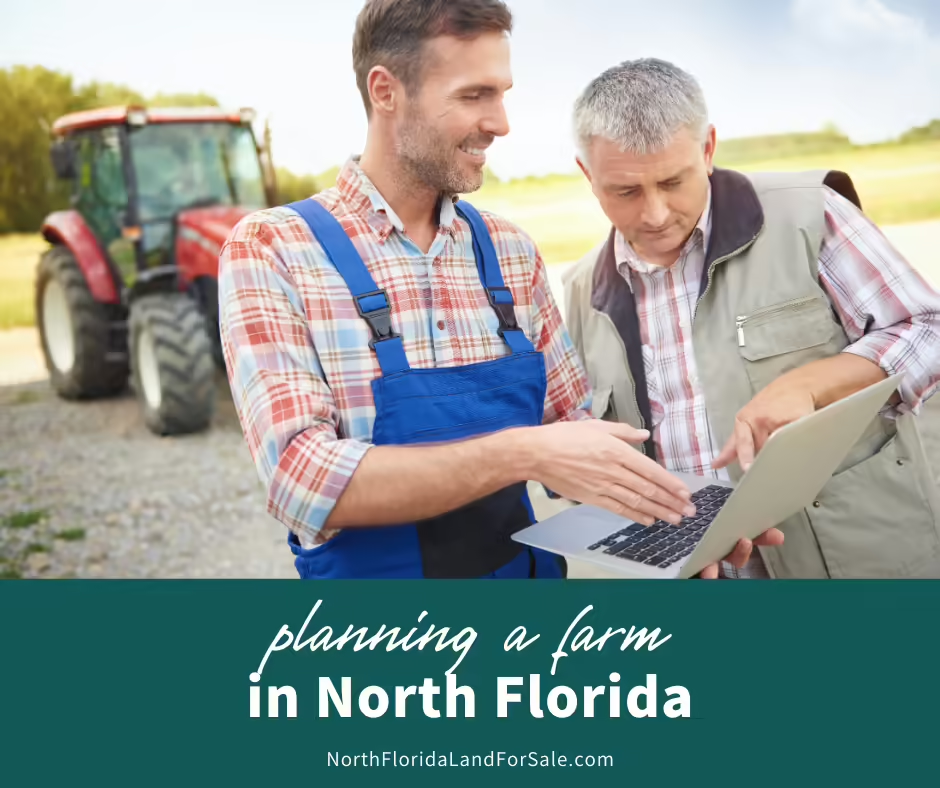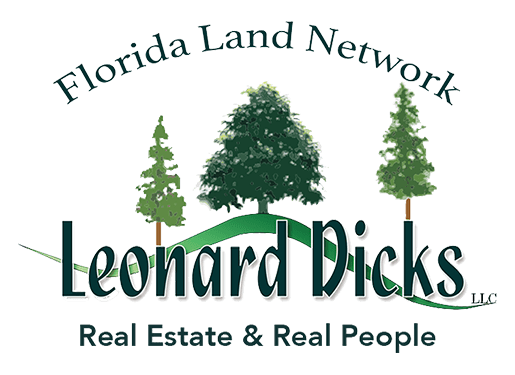
Starting a farm in North Florida is a rewarding venture, thanks to the region’s favorable climate, fertile soils, and ample resources for sustainable agriculture. Whether you’re dreaming of a small homestead or a larger agricultural operation, here’s everything you need to know to get started on the right foot.
Assessing Land and Soil for Farming
The first step in establishing a farm is understanding the quality of the soil on your property, as it’s the foundation of successful agriculture. North Florida offers a range of soil types, with loamy and sandy soils being most common. Loamy soils are ideal for most crops because they retain moisture without becoming waterlogged, while sandy soils can be improved with organic matter to boost fertility.
The Natural Resources Conservation Service (NRCS) provides free soil surveys, allowing you to check your property’s soil characteristics and learn about nutrient levels, pH, and drainage. Knowing your soil’s strengths and limitations will guide your choices for crops and any necessary amendments, such as compost or lime, to improve fertility.
Choosing the Right Crops for North Florida’s Climate
North Florida’s climate, with its mild winters and long growing seasons, supports a wide variety of crops. Some popular crops for the region include:
- Vegetables: Tomatoes, peppers, squash, and beans thrive in North Florida’s warm, sunny climate.
- Fruits: Citrus, blueberries, and blackberries grow well and can be highly profitable.
- Grains: Corn and sorghum are good options for farmers looking to diversify or provide feed for livestock.
Consider crop rotation to maintain soil health and prevent nutrient depletion. Rotating between nitrogen-fixing crops like beans and heavier feeders like corn will keep your soil balanced over time. For more specific guidance on crop selection and planting schedules, the University of Florida Institute of Food and Agricultural Sciences (UF/IFAS) offers region-specific resources to help you plan your planting calendar effectively.
Securing Water Access and Irrigation
Reliable water access is essential for any farm, especially during North Florida’s hot summer months. Many rural properties rely on well water, so if your land doesn’t already have a well, you’ll need to budget for installation. The Florida Department of Environmental Protection (DEP) oversees well construction standards, ensuring safe and sustainable access to groundwater.
For irrigation, consider drip or micro-spray systems, which are efficient and reduce water waste. Rainwater harvesting systems can supplement your water supply, providing an eco-friendly option for irrigation. However, make sure to check any local regulations related to water rights and usage before investing in large-scale water systems.
Permits and Zoning for Farm Operations
In North Florida, zoning laws vary by county, and certain activities like livestock farming or commercial sales may require specific zoning designations. Confirm with the local zoning department that your intended activities align with the property’s zoning. Agricultural or rural zoning is generally the most flexible, allowing for crop farming, livestock rearing, and some on-site sales.
Additionally, some farming operations require permits, especially if you plan to sell products directly to consumers or manage livestock. Contact your county’s planning department or review information from the Florida Department of Agriculture and Consumer Services (FDACS) for guidance on required permits and licenses, which may include water use permits, business licenses, or agricultural tax exemptions.
Planning for Livestock and Pasture Management
If you’re interested in raising animals, North Florida’s climate is well-suited for livestock like cattle, chickens, goats, and pigs. Each type of livestock requires different resources and setup, from grazing pastures to secure fencing and shelter.
- Cattle and Goats: These animals need ample grazing land with well-maintained pastures. Rotational grazing can keep your pasture healthy and support sustainable livestock production.
- Chickens and Pigs: These animals are more suitable for smaller spaces, though they require secure enclosures to protect them from predators.
The USDA’s Animal and Plant Health Inspection Service (APHIS) provides information on best practices for livestock management, disease prevention, and animal welfare standards. Proper planning ensures your livestock operation is productive and in compliance with local and federal guidelines.
Building Infrastructure: Barns, Greenhouses, and Storage
Setting up essential infrastructure will make your farming operations more efficient and allow you to store supplies, protect crops, and care for animals. Consider these key structures:
- Barns and Sheds: Necessary for storing equipment, feed, and harvested crops. Ensure barns are large enough to accommodate tractors and other machinery, with secure storage for tools.
- Greenhouses: Extend your growing season by starting plants early and protecting crops from extreme weather. Greenhouses are especially valuable for tender crops during cold snaps or intense summer heat.
- Cold Storage: For farms with perishable crops, having a refrigerated area or cold storage helps keep produce fresh, especially if you plan to sell directly to consumers or at local markets.
The Florida Building Code provides guidelines on constructing agricultural buildings, and it’s wise to check with local authorities for any required permits before beginning construction.
Soil and Pest Management Practices
Sustainable soil and pest management practices are essential for maintaining a healthy and productive farm. North Florida’s warm climate and humidity can attract a range of pests, so using integrated pest management (IPM) strategies can minimize crop damage without harming the environment.
- Soil Management: Regularly add organic matter, such as compost or green manure, to improve soil structure and fertility. Crop rotation and cover cropping are also effective ways to enrich soil health.
- Pest Control: Using natural predators, traps, and organic pesticides can help control pests without introducing harmful chemicals. UF/IFAS provides resources on specific pests in North Florida and sustainable methods to manage them.
Marketing and Selling Your Farm Products
For many North Florida farmers, direct-to-consumer sales are a major revenue stream, with farmers’ markets, roadside stands, and community-supported agriculture (CSA) programs being popular options. These outlets allow you to sell fresh produce, eggs, honey, or meat directly to local consumers.
If you plan to sell your products, look into FDACS’s Marketing and Development resources, which offer guidelines on labeling, sales permits, and food safety regulations. Selling directly to consumers provides income and helps build community relationships, essential for a thriving farm business.
Starting a farm on North Florida land offers a path to self-sufficiency and income. By carefully planning each element, from soil preparation to infrastructure, you can create a productive and sustainable farm tailored to North Florida’s unique environment.
Are You Buying a Home or Land for Sale in Lake City?
If you’re moving to Lake City, we can help you find the perfect place to live. Call us at 386-243-0124 to tell us what you want from your home and we will begin searching right away.
Check these out:
- Paved road frontage for sale in Columbia County
- Non-deed-restricted land for sale in Columbia County
- Wooded oak tree land for sale in Columbia County
- Land-for-land home combo in Lake City
- Waterfront residential in Lake City
- Waterfront land in Columbia County
- Bank-owned homes and foreclosure in Columbia County
- Short sales in Columbia County






